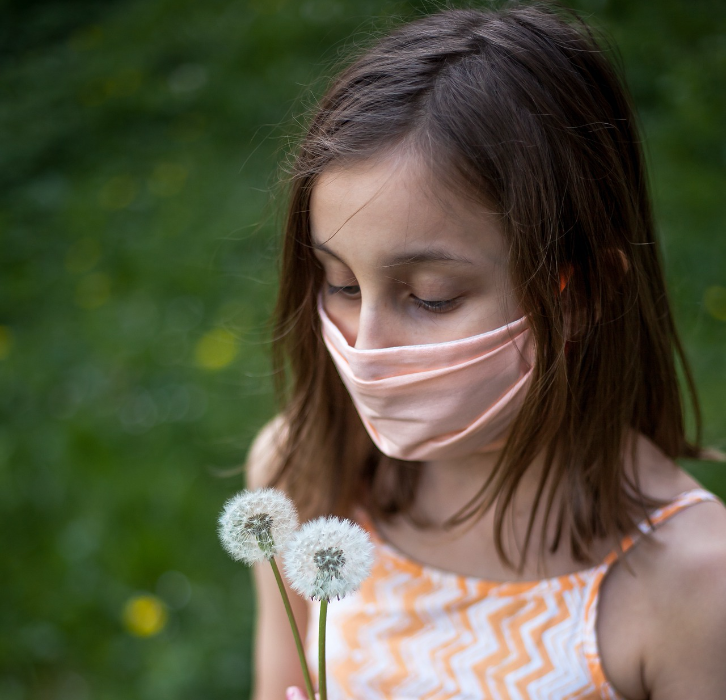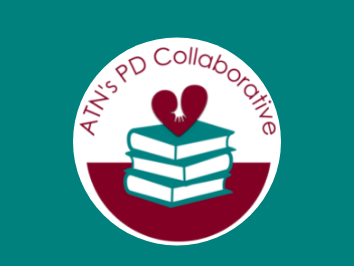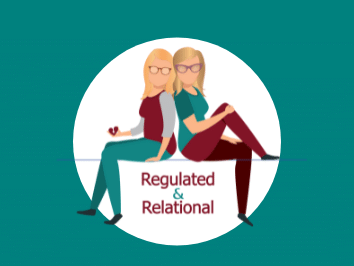Therapeutic Parenting
Become a Therapeutic Parent
empowering trauma-sensitive parents, caregivers and families
High-Structure/High-Nurture intentional parenting that fosters the feelings of safety and connectedness
Therapeutic Parenting is the term used to describe the type of high structure/high nurture intentional parenting that fosters the feelings of safety and connectedness so that a traumatized child can begin to heal and attach. Learning to parent therapeutically is the single most important thing you can do to help your traumatized/attachment-disordered child.
How Do I Become a Therapeutic Parent?
Start by studying the basics of Therapeutic Parenting and by gathering “tools” for your toolbox. At ATN, we have developed the PATH Framework. PATH stands for Promoting Attachment & Trauma Healing. To develop this framework, we started by we by research all the parenting strategies taught to parents of traumatized children. Most are highly relational and trauma-informed. Parents have reported to us that they often gravitate toward one particular strategy/curriculum over another or that maybe the strategies work better for one particular child or during a specific developmental period.
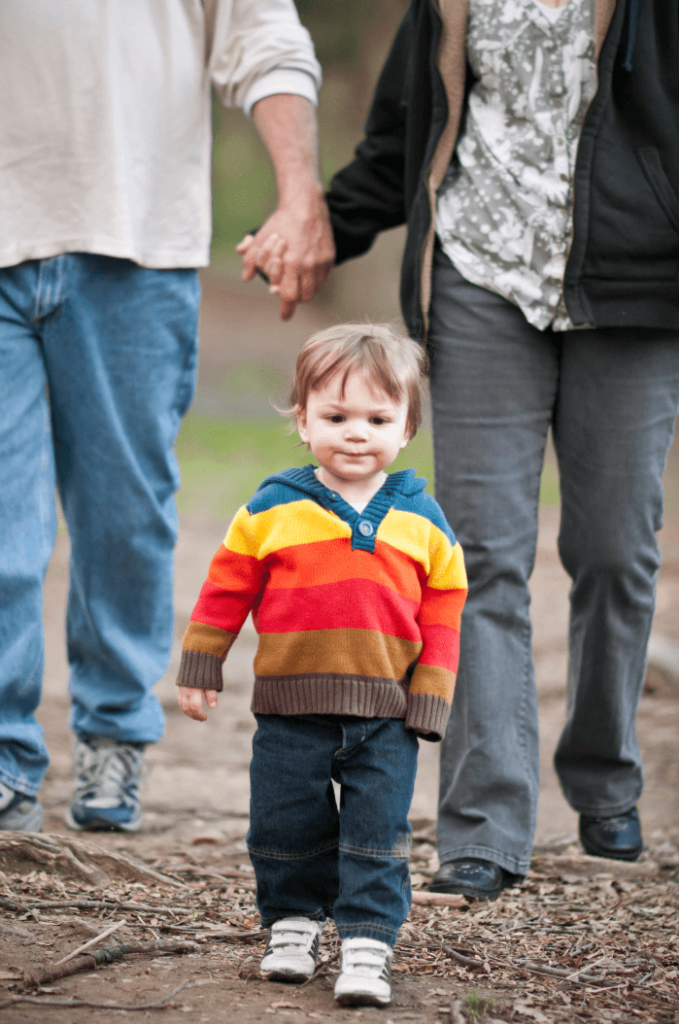
Our research led us to the conclusion that all successful Therapeutic Parenting program/training contains the following key tenets:
- Focus on Safety — actual safety of EVERYONE in the family, as well as “felt safety”. Often our traumatized children do not feel safe due to what’s happened in their past.
- High Structure/High Nurture in careful balance (see the explanation below)
- Connected Parenting — therapeutic parents look under the behaviors to what they’re communicating. Being playful, curious, and trying to attune to your child are all connected strategies.
- Intentional Parenting — being purposeful about what you do and knowing why you are using a specific tool or strategy. Being intentional means having a plan in place and makes it easier to respond to your child and not react to behaviors.
- Keeping a long-term perspective and practicing self-care/wellness. Therapeutic parenting is not for wimps! Our children often don’t heal quickly. We therapeutic parents have to be committed to this intense parenting for a long time, and that requires that we find ways to take care of ourselves physically, emotionally and spiritually so we have the energy to give to our children.
Learn more about Therapeutic Parenting through the webinars, books and other resources in ATN’s E-Learning Center.
The E-Learning bundles linked above provide hours of learning opportunities through articles, webinars, podcasts and more.
These parenting cards are a quick reminder of the Essentials of Therapeutic Parenting- PATH Framework.
Learn more about ATN’s PATH Framework
(Promoting Attachment & Trauma Healing) for Parents and Caregivers
High Structure/High Nurture
At the center of most therapeutic parenting strategies for parenting traumatized children and those with attachment challenges is the concept of maintaining a highly structured AND highly nurturing environment. At first it sounds like these two things are impossible to do together, but experienced therapeutic parents will tell you that all children , even those without trauma and attachment issues need a nurturing environment that is structured. But it is extremely critical that we therapeutic parents maintain the delicate balance of nurture and structure for our traumatized children, here’s why…
Traumatized children (especially those who present with attachment difficulties) have a difficult time trusting their caregiver. They operate from a fear-based world view. It is because of this that creating a feeling of safety for the child is so important, so they can let down their defenses and process all the positive things we parents want to give them. But, it is precisely this fear of trusting a caregiver and intense need for safety that makes the balance between structure and nurture so critical.
Why Structure?
It is important that children from a background of trauma feel safe – and structure makes people feel safe. Consistent boundaries held in place by loving, yet firm parents is something the child can depend on. We all feel safe knowing where the boundaries are and what we can depend on. But structure without nurture can feel cold and punishing. This is why providing high structure must be done in a calm, self-regulated manner (parent remaining calm, with body language that conveys love and self-confidence). In therapeutic parenting, limiting a child’s choices, their activities or their access to stimulating things is necessary. Establishing boundaries and routines are a must. But this high structure can also seem very controlling and children whose previous lives have been full of chaos will often find this level of control very uncomfortable at first. This is why it must be done with an attitude of love and respect for the child. And the child, even if being oppositional, clearly hears the message that “this parent cares about me, about what I do, about how I behave.” The parent’s calm, loving structure also conveys the message of strength –that the parent is strong enough to handle the child’s deepest, darkest turmoil. Over time, the child starts to feel safe
Why Nurture?
Who wouldn’t feel safe in a nurturing environment? You guessed it…a traumatized child! Parents expect their child to have a reciprocal relationship with them — one where the child gives back positive emotions, where the two feel attuned and attached. The parent of a traumatized child is often very surprised (and dismayed) to learn that our children don’t (really they can’t) respond in that way. Often the more the parent tries to nurture and shower the child with loving interactions, the more the child’s behavior “pushes away.” An environment that is too nurturing feels foreign to the traumatized child too. Nurturing attempts can feel to the child as too permissive and leaves the child with doubts as to if the parent is strong enough to handle the seriousness of the child’s “big feelings”. While most healthy children respond positively to nurture and praise, one reason traumatized children are often suspect of it, because it doesn’t match with their own self-image,. “I’m just not good enough to deserve to be treated like this.” Or they see the adult as gullible and not strong enough to understand all the feelings of anger and rage within the child. So your traumatized child may reject some of the most typical acts of nurturing, like hugs and gifts. He may “purposely” sabotage your attempts to be loving and kind. His fear-based (and shame-based) brain almost appears to be craving the anger and disappointment he creates in you as he rejects your nurturing attempts. Yet, nurture, even in very small micro-doses is exactly what your child needs and critical to helping our children’s hearts to heal. Continuing to meet this child’s behaviors with a calm, regulated response is necessary. As therapeutic parents we have to find ways to “pour into” our children the nurturing they need and give them messages that are counter to the negative self-view and negative world-view they have.
No parent is perfect, so reaching the optimum balance between high structure and high nurture is very difficult. Everyday you will err on one side or the other. The goal is to recognize the need for both and to practice. And to self-assess to figure out which side you do seem to be erring on, so you’re able to use strategies to get back into balance.
Taking Care of Yourself
Therapeutic parenting is not simple, nor is it easy. Being purposeful in our parenting causes us to need to think about what we’re doing…a lot! It also requires that we remain calm and regulated in situations where our children’s behaviors may really make that difficult. Just like a professional athlete wouldn’t take the field or court without proper training, exercise, practice, coaching and supports, therapeutic parents MUST equip themselves as well. The Attachment & Trauma Network was founded to support parents of traumatized and attachment-disordered children. That support includes the opportunity to share with a community of experienced parents and trauma-informed, attachment-focused professionals. “You’re not alone” has emerged as a slogan for both the parent-to-parent support we do and the message of safety and support we send to our children. Please find others walking this walk to support you. ATN has online groups available and experienced therapeutic parents available via phone and email.
Parenting traumatized children can be traumatizing. So we need to work on our own “stuff”. This means finding (and doing) what sustains and heals us. This can/should include seeking your own therapy; finding times to retreat/get away from your family and stressors; exercise and healthy living; doing something just for fun; connecting with your partner and friends. Many of us may view this is selfish or a waste of time. But remember that you are the greatest catalyst for your child’s healing. That means that your child and your family need YOU to be strong, energized, healthy. You can’t give more than you have — so replenishing, refreshing, and regulating yourself needs to be a top priority.
Parenting Resources - Workshops - Trainings
Below are some parenting training programs that ATN members have reported worked well for their families. As ATN has developed our Essential Conversations for Therapeutic Parents, we have drawn from many of these. Some were designed specifically for traumatized children and/or those with attachment disorders, others were designed for all children, but have regulating and nurturing components that work well for many of our families. Some strategies may work well for your family; others may not. And some strategies work better at different stages in the child’s development and healing.

- Circle of Security
- TBRI/The Connected Child by Karyn Purvis, Ph.D.
- Chaos to Healing by Billy Kaplan, LCSW and Christine Moers – Treehouse Health
- DDP Parenting (PACE) – Daniel Hughes, Ph.D.
- Dance of Attachment by Holly van Gulden
- The Nurtured Heart by Howard Glasser
- Collaborative & Proactive Solutions Model – Dr. Ross Greene
- Beyond Consequences by Heather Forbes, LCSW
And, of course…workshops, products, books, e-learning and podcasts through ATN’s Store
Important Tips for Therapeutic Parents:
From Parents Who Have Been There - You Are Not Alone!
- Don’t take your child’s behaviors personally – it’s not about you; it’s about what happened to them.
- Don’t forget to take care of yourself- i.e. physical exercise and nutrition
- Don’t forget to extend to yourself the same patience and grace you extend to your child.
- Remember that the child’s behaviors are based in fear (and sometimes in shame), even though they may be expressed as anger, aggression, violence and rejection.
- Remaining calm, regulated, and positive yourself is the key to making any strategy successful.
- If your child’s behaviors are triggering emotional issues for you, seek counseling for yourself (and for your marriage). Ask your child’s attachment therapist for recommendations.
- Reach out to other parents for support, both locally and through ATN.
- Build respite (breaks from your child) into your family’s life. This is important for each parent, for the parents as a couple (date nights) and for the parents to spend time with siblings.
- Read, study and practice.
Therapeutic Parenting Journal
The Therapeutic Parenting Journal was published from 2014 to 2017 by the Attachment & Trauma Network. There were some invaluable articles published during this journal’s run – here are links to many of the favorites.
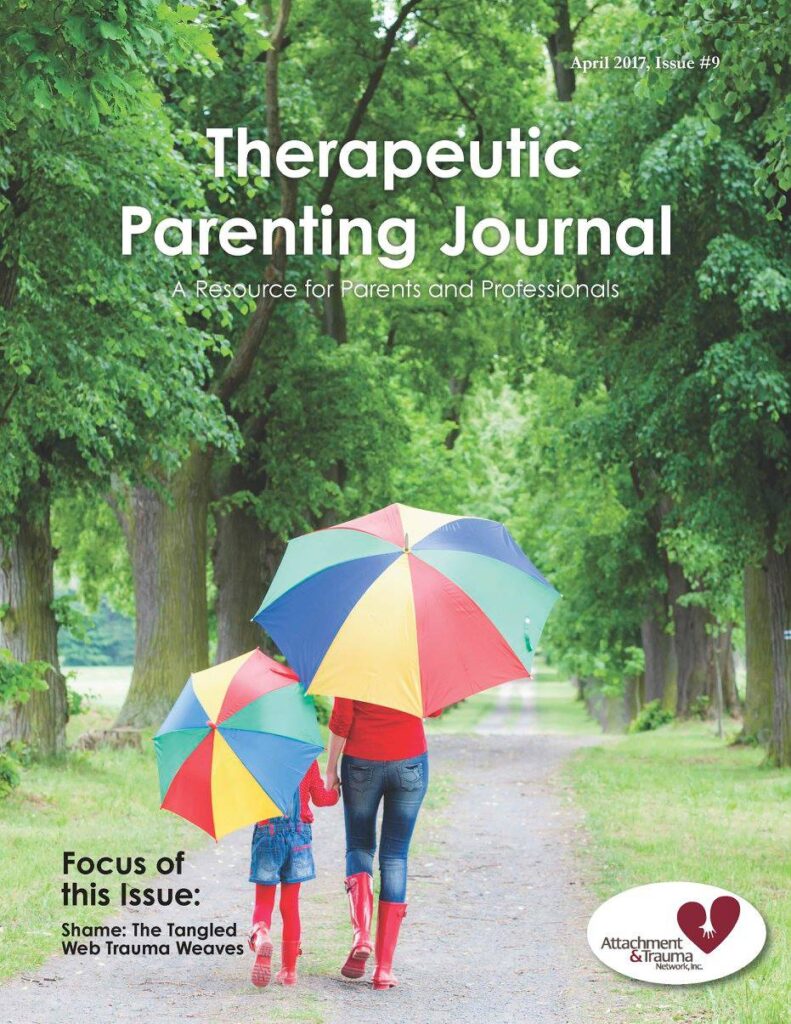
Previous issues/topics include:
- August 2014 – Evidence-informed Therapies
- December 2014 – Regulation & Relationship – Sample Article: Art of Co-Regulation By Anna Paravano, MS, CID
- April 2015 – It all Started With Trauma – Sample Article: Impact of NICU Stays on Infants by Neena McConnico, PhD & Renee Boynton-Jarrett, MD
- August 2015 – Parenting the Traumatized Teen – Sample Article: Should I Call Police By Mary Lou Edgar, MSS, LCSW
- December 2015 – Educating the Traumatized Child – Sample Article: Collaborative and Proactive Solutions for Trauma Sensitive Schools by Ross Greene, PhD
- April 2016 – The Power of Stories – Sample Article: What’s Worth Doing Even if You Fail? by Tiffany Junker
PARENTS: JOIN ATN. FREE ON-LINE SUPPORT IS INCLUDED.
Recent Posts & Events
ATN Parent Resources
ATN Resources
Parenting
Therapeutic Parenting - Empowering Trauma-Informed, Attachment-Focused Caregiving
Schools
Creating School-wide Trauma-Informed Reform led by Trauma-Focused Educators
Resource Directory
A comprehensive online directory of trauma-informed, attachment-focused helping professionals
PD Collaborative
Are you seeking trauma-informed Professional Development Training or Consultations for your School?
TSS Conference
Annual Creating Trauma Sensitive Schools Conference.
Podcast
Listen to our Bi-monthly Podcast on Trauma-Informed and Therapeutic Strategies
Shop ATN
Shop for resources and tools to empower and support children, families, schools and communities
Get Involved
Join ATN - Together we can end the silence around childhood trauma!






